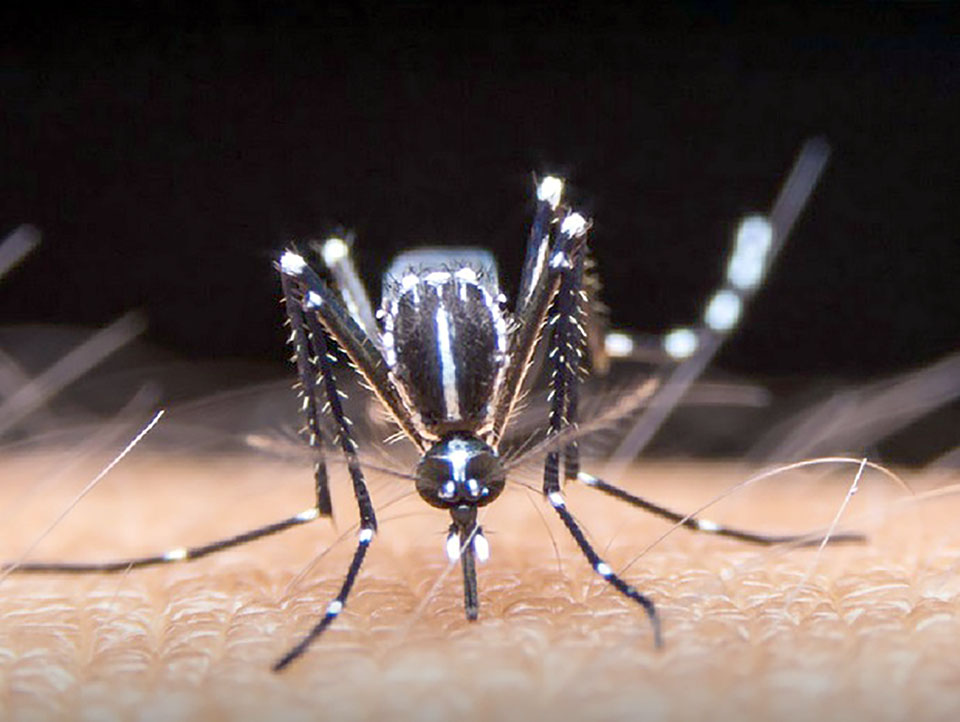
Health authorities have voiced concern over the rising threat of dengue fever during the current rainy season. The Department of Disease Control (DDC) has indicated that the illness is now being increasingly detected in the adult population.
DDC Director-General Dr Opas Karnkawinpong said 16,276 dengue fever cases were reported in Thailand from January 1 to August 10 this year, 14 of which were fatal. Deaths among those over the age of 35 have more than doubled over the same period last year. Provinces with the highest number of cases included Mae Hong Son, Chiang Mai, Ubon Ratchathani, Tak and Si Saket. This year, the DDC expects intensified dengue fever outbreaks in accordance with the disease’s outbreaks cycle. The department noted that the disease tends to be more prevalent among adult patients.
Dengue fever is typically characterized by 2-7 days of acute high fever in combination with headaches, body aches, reddened face and small red spots on the skin. Nausea, vomiting, stomach aches and loss of appetite may also occur. Most dengue patients do not experience coughing or runny nose. When the fever starts to subside, special care must be administered as shocks and death can occur during this stage.
The DDC director-general has urged members of the public to look after family members who come down with fevers. If a high fever persists for more than two days and cannot be brought down via standard treatment or methods, the patient may have contracted dengue fever. In such cases, aspirin and ibuprofen drugs are to be avoided and the patient should quickly be taken to hospital.
Dr Opas also encouraged people to remove mosquito breeding grounds around their homes, properly storing items and minimizing areas with shade. Lids should be placed on items that contain water and vases should have their water changed every week. (NNT)
 |
 |
 |





